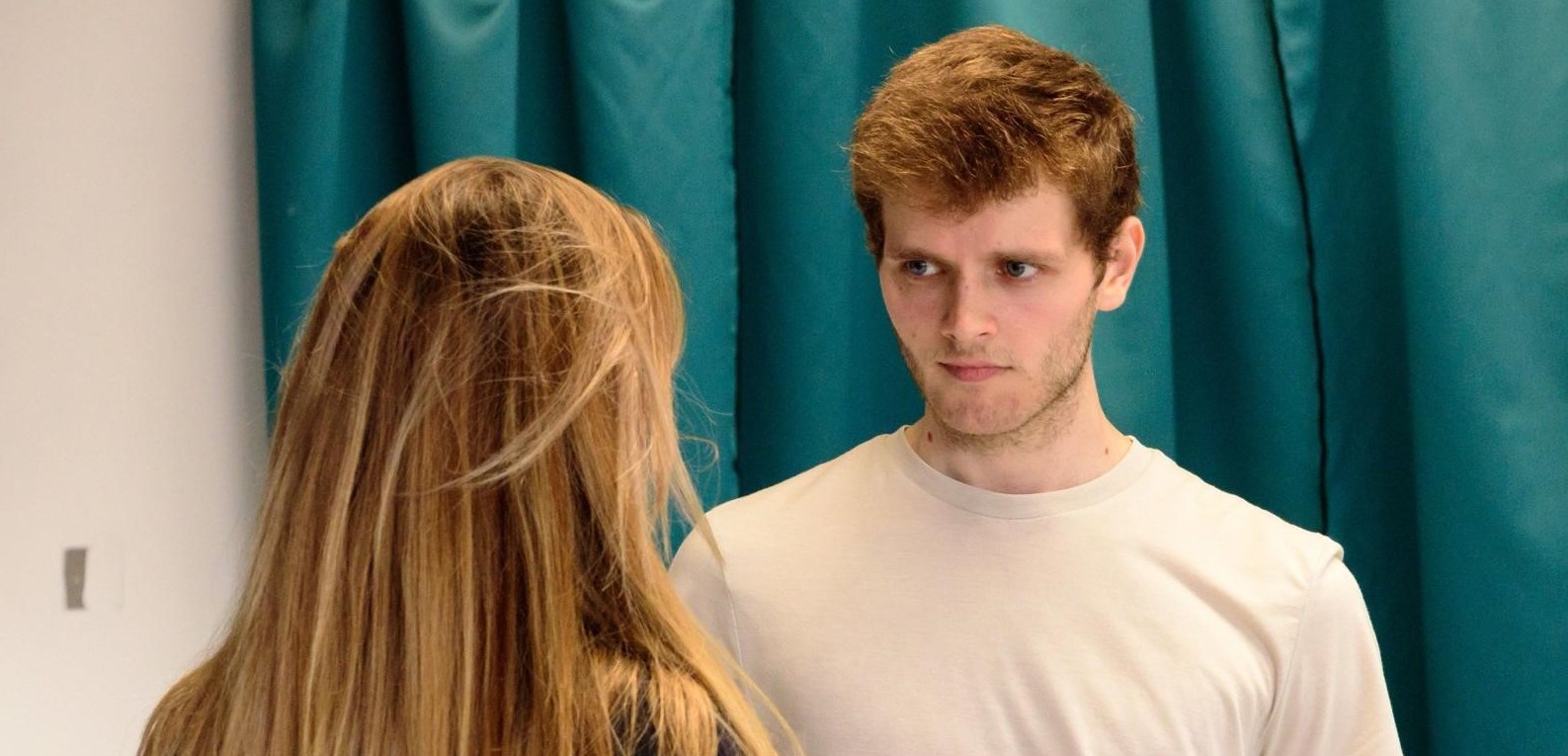Not on the menu
When Financial Times journalist Madison Marriage blew the lid off the President’s Club men-only charity gala where hostesses were repeatedly sexually harassed by wealthy and powerful men, Britons were shocked.
But just ask virtually any hospitality worker and their surprise would hardly register.
One hostess who is a Unite member told of a 10 hour shift she recently completed at a corporate away day for City workers in London.
“I did not get a break or the chance to eat over those 10 hours. I earned £8.50 an hour, had my bottom pinched four times and was asked about my sex life more times than I care to remember over expensive pastries and coffee that cost more per head than my hourly rate,” she told the iNews.
“I have worked in hospitality, specifically as a hostess at events like this and charity functions like the Presidents Club for eight years,” she said.
“I couldn’t tell you how many times I have been sexually harassed at work, because there comes a point when you have to stop counting for your own protection. If you tallied up every experience that women like me have when we are at work, the total figure would be overwhelming.”
Unite survey
Her experience is replicated across the whole hospitality sector, a recent Unite survey has found.
Preliminary findings of the â€Not on the Menu’ survey show that a full nine out 10 hospitality staff have experienced sexual harassment at work.
Of those who reported they were sexually harassed at work, more than half said the perpetrators were members of the public and another 22 per cent said they were harassed at the hands of a manager.
A further eight out of 10 surveyed said they witnessed others being sexually harassed at work.
Despite the pervasiveness of sexual harassment in hospitality, so many workers feel powerless to do anything about it – 77 per cent surveyed didn’t know whether they had a sexual harassment policy at work and 60 per cent said they were unsure or lacked faith in their management to deal with a sexual harassment complaint.
“Our preliminary findings make for very uncomfortable reading,” said Unite hospitality coordinator Charlotte Bence. “It is clear that there’s an urgent need to reinstate the duty to protect staff from third party harassment, scrapped by the government in 2013.
“Time and time again women and men are telling us that sexual harassment is just seen as part of their job. Standards of behaviour can slip when people don’t feel there is a need to be professional and people treat staff in bars, clubs and hotels in ways they wouldn’t dream of doing in other environments.
The anonymous Unite member sharing her story with the iNews explained that the precarious working conditions in hospitality are part of what enables sexual harassment in the first place.
“Workers in more secure jobs are more able to report sexual harassment without fear of consequences – but in hospitality, a complaint could mean the number of shifts you are offered on your zero hours contract are suddenly reduced,” she said. “How will you pay your rent then? A complaint could also mean your share of the service charge being reduced on other spurious grounds.”
‘Lack of clarity’
Bence argued that these working conditions must change as she pointed to the “lack of clarity over sexual harassment policy” in so many hospitality workplaces as the survey revealed.
“Employers should be ashamed; these are young women in low paying jobs, reporting that the behaviour they’ve experienced has made them feel unsafe,” she said. “But instead of feeling supported 60 per cent of those that responded were unsure or lacked faith in their management to deal with a complaint of sexual harassment.
“The hospitality industry needs to sort itself out – adopt a zero tolerance approach to sexual harassment and treat complaints seriously.
Unite regional officer Dave Turnbull agreed.
“We’ve seen other surveys of the industry from outside of the UK with similar results so this means that there is a specific problem within the sector,” he said. “Part of the problem arises from this ‘customer is always right’ mentality — rather than challenge a customer, especially if they are a VIP, it’s swept under the carpet.”
He added that the high level of migrant workers — who often don’t know their rights — in the industry as well as low levels of unionisation also contribute to the high incidence of sexual harrassment in the sector.
“The answer of course is union organisation in the way we have in other workplaces — with recognition, reps and so on,” Turnbull said.
Bence agreed.
“Workers worried about inappropriate behaviour at work should join a union to make sure that they are protected,” she said. “Everyone has a voice and through a union you can be heard. We urge hospitality workers – take our survey so that we can start tackling this unacceptable behaviour head on.”
If you or someone you know works in the hospitality sector, share and fill out our #NotOnTheMenu survey here.
 Like
Like Follow
Follow


